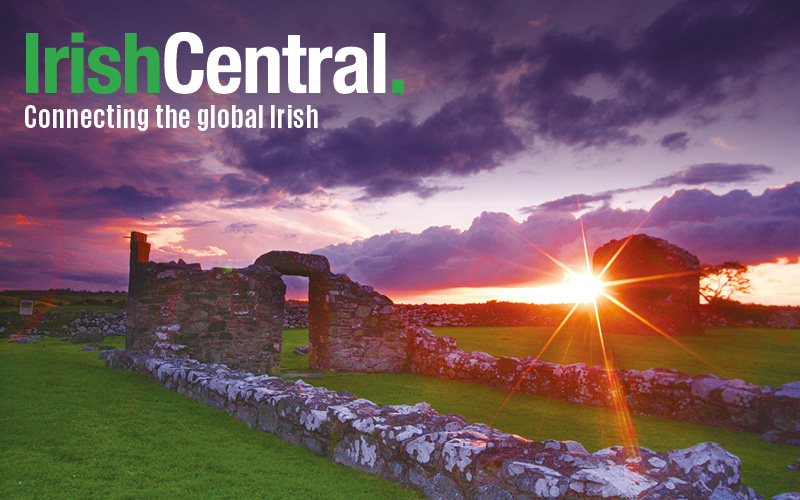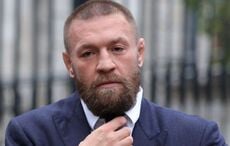-
Story / Top Irish sports star says he's gay / Click here
-
Niall O'Dowd / Donal Og Cusack a hero for rebel County Cork / Click here
- Photo gallery / I'm Irish (and gay!) / Click here
- Cathal Dervan column / Brave Donal Og Cusack ushers in new era / Click here
Donal Og Cusack, the brave hurling star who has ushered in a new era in Irish sports by publically announcing he is gay this week, has told the press that his mother has stopped attending his Cork hurling matches because of the stress of hearing homophobic abuse shouted at her son from the terraces.
The anti-gay abuse from bigoted hecklers has ruined the weekly sporting events for his mother who now stays home whenever Cusack plays, but the Irish sports star has admitted that while he never lets it get to him personally, he hates the effect it has on his family and teammates.
Cusack writes about the hateful chants directed at him in his new autobiography Come What May. In it Cusack describes how his teammates are often incensed at the ignorance directed at him. The Irish sports star also recalls the moment he was waiting to take a free at a championship game in Semple Stadium, when a man started up a hate-filled chant on a megaphone.
Cusack’s teammate Diarmuid O’Sullivan asked guards (Irish Police) to throw the offender out but no one in the capacity crowd - nor the Garda to whom the complaint was made - attempted to silence the man with the megaphone.
“And that's what gets to you,” says Cusack. “Other people getting upset about it. I leaned over the free and took it and struck it well. But my mother doesn’t go to games anymore now. The stress is too much for her. My sister Treasa has been deeply upset a few times by what she has heard. I hate what it does to those around me, especially when it doesn't hurt me at all.”
Despite the anti-gay abuse he has had to endure on an ongoing basis, Cusack said he got the feeling that something good would come of his getting it all out in the open. He wants to be known as a hurler, not as a gay hurler. In his book he sets out to give an honest account of himself and if he can help anybody else who is considering coming out too that would be a happy bonus, he said.
Cusack is the first prominent Irish sportsperson to come out and speak frankly about his sexuality, the first to insist on his right to be judged as a sportsperson first and last, and in the process he has challenged the conservative macho culture that still underpins a lot of Irish society and GAA life. There’s no doubting his courage, now it’s up to the public to show him the same dignity he has shown them.




Comments